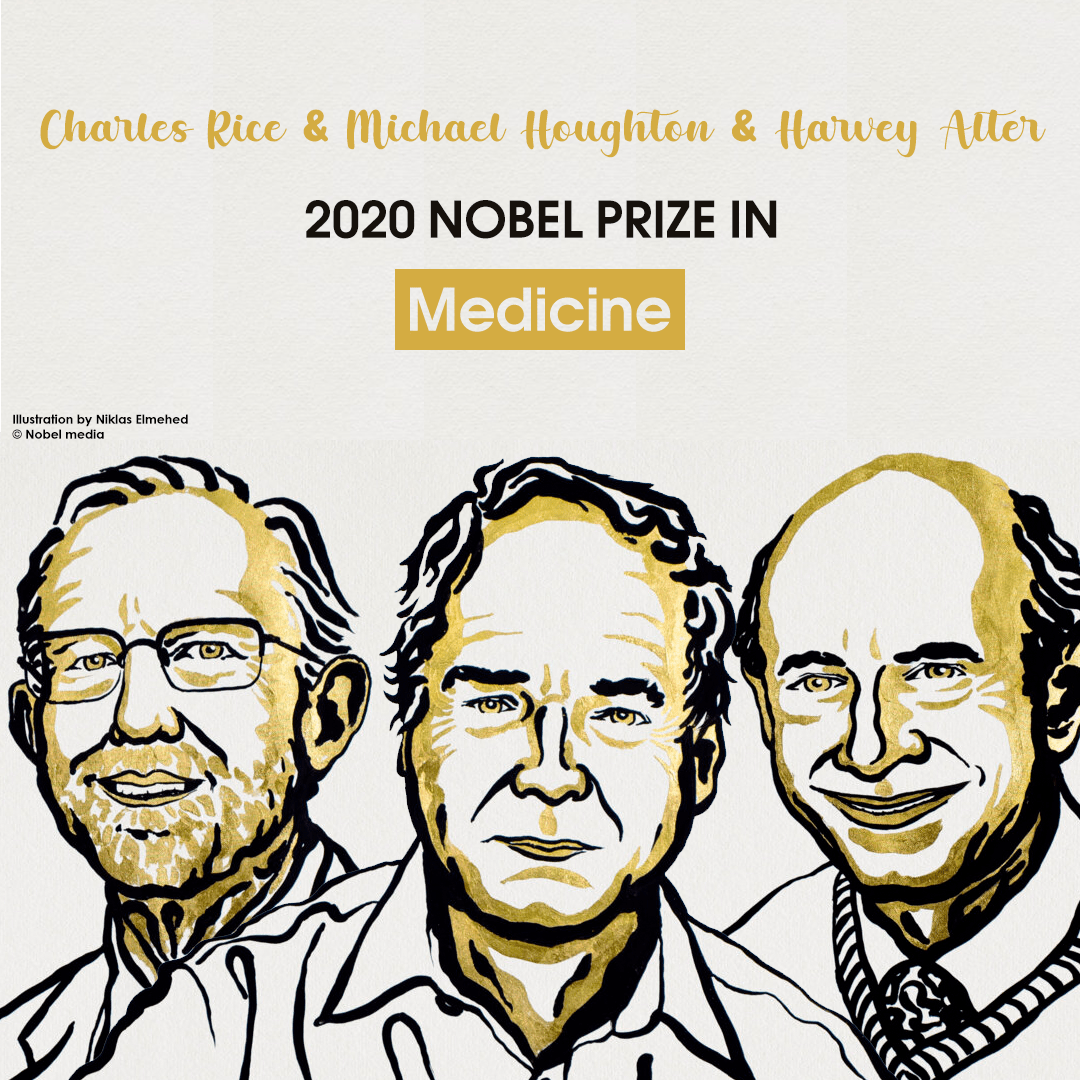
Nobel Prize in Medicine Honors Groundbreaking Gene EditingNobel Prize in Medicine Honors Groundbreaking Gene Editing The 2020 Nobel Prize in Medicine has been awarded to two scientists, Emmanuelle Charpentier and Jennifer A. Doudna, for their revolutionary advancements in the field of gene editing. Their research has led to the development of the CRISPR-Cas9 gene editing system, a groundbreaking tool that allows scientists to modify genes with unprecedented precision. CRISPR-Cas9 is derived from a natural defense mechanism found in bacteria and archaea. It consists of two components: a CRISPR-associated protein (Cas) and a guide RNA molecule. The guide RNA molecule guides the Cas protein to a specific DNA sequence, where it can make precise genetic changes. Charpentier and Doudna’s discovery of CRISPR-Cas9 in 2012 has revolutionized the field of biomedical research. Scientists can now use CRISPR-Cas9 to correct genetic defects, develop new treatments for diseases, and even create new genetic organisms. CRISPR-Cas9 has already had a significant impact on medicine. It has been used to create animal models of human diseases, such as sickle cell anemia and cystic fibrosis, which can help researchers develop new therapies. CRISPR-Cas9 is also being used in clinical trials to treat cancer, sickle cell anemia, and other genetic disorders. The awarding of the Nobel Prize to Charpentier and Doudna underscores the transformative potential of CRISPR-Cas9. This revolutionary gene editing tool is poised to have a profound impact on medicine and the future of human health. Here are some of the potential applications of CRISPR-Cas9 in medicine: * Treatment of genetic diseases: CRISPR-Cas9 can be used to correct mutations that cause genetic diseases such as sickle cell anemia, cystic fibrosis, and Huntington’s disease. * Development of new therapies: CRISPR-Cas9 can be used to develop new therapies for cancer, HIV, and other diseases. * Creation of new genetic organisms: CRISPR-Cas9 can be used to create new genetic organisms, such as genetically modified crops or new animal models of human diseases. The potential applications of CRISPR-Cas9 are endless. This revolutionary gene editing tool is poised to transform medicine and the future of human health.
Posted inNews